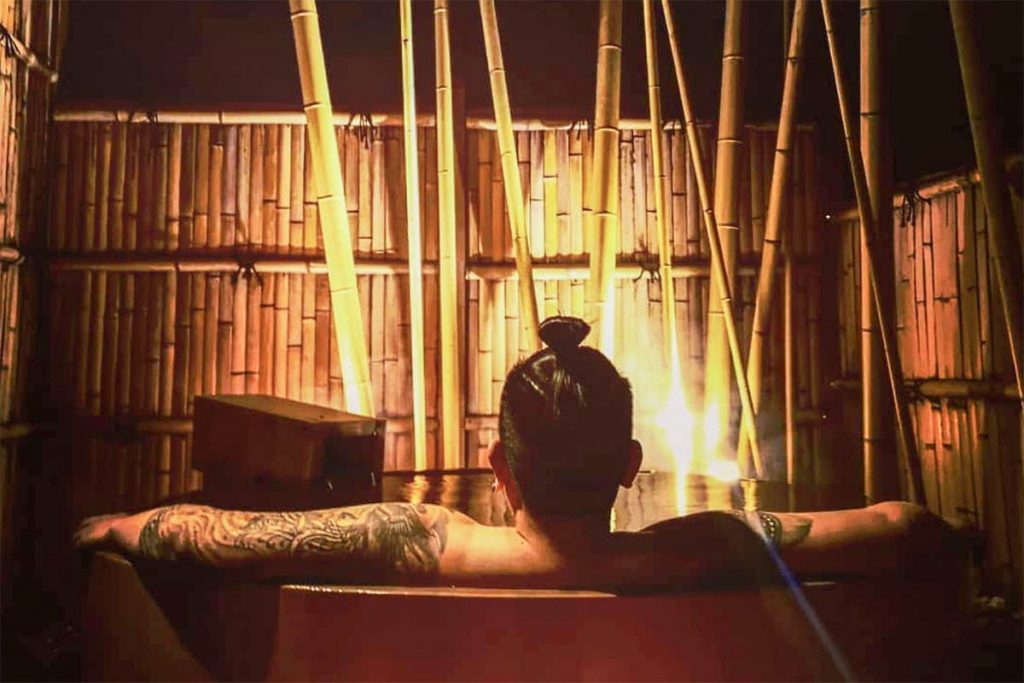
Are people with tattoos allowed in onsen?
Yes, we, Shima Onsen Kashiwaya Ryokan is a tattoo friendly onsen ryokan!
In Japan, people with tattoo are often rejected to take onsen. You must feel unreasonable in spite of taking all the trouble of visiting Japan to take onsen. Aren’t there any ways to take onsen even with tattoo?
In fact, at ryokan with private onsen and rooms with open bath, such as Shima Onsen Kashiwaya Ryokan, you can enjoy onsen in peace even with tattoo because there is no chance to have somebody sees your tattoo.
Differences in Perception of Tattoo in Japan and Abroad
Although tattoo is an attractive fashion approach with that you can fully appeal your sense, there is a big gap in recognition between in Japan and overseas. Still, only a few people have accepted it in Japan. In particular, reputation from elderly is extremely bad, and not a few of them get furious, saying “What a shame you ruin the body got from your parent!”
When using pools and public baths, typified by onsen, presence of a tattoo becomes a big failure. On many guidebooks for Japan trip, it is written that you cannot enter onsen if you have tattoo. In fact, many of bathing facilities, including onsen ryokan, refuse bathing of customers with tattoo. There was also a case that became a police matter in the past because a person with tattoo tried to get into a bath.
Why people with tattoo cannot take onsen?
First of all, why people with tattoos cannot take onsen? This is because there is recognition in Japan from historical background that tattoo, so-called Irezumi in Japan, is “something anti-social people get” or “something members of illegal organization such as gangsters get.”
It is quite interesting to know the history of tattoos(Irezumi) in Japan, because there are mixes of both aspects as a symbol of punishment or anti-social organization and as fashion and body decoration. According to Wikipedia and so on, it seems that tattoos was so familiar from ancient times that there are descriptions, considering that Japan had one of the world’s largest tattoos culture in the Jomon-Yayoi period. Then, ornate tattoos culture seems to have established in the Edo era.
I think that the main reasons why it changed into dirty image are because criminals got tattoos as a sentence in the same Edo period, tattoos was outlawed form the Meiji era to the end of the WW2 (1880-1948), and gangster members have got tattoos as a mean to show their power.
In her writings, Yoshimi Yamamoto, a cultural anthropologist who studies Japanese tattoos, has identified the misconception that having a tattoo means you are a member of the yakuza was influenced by the surge of ‘yakuza movies’ produced in Japan during the 1960s and 70s.
In this way, the image is very intensive in Japanese society that people with tattoo = members of anti-social forces, thus there is not a little possibility that customers tend to avoid the public bath if they see a person with tattoo there. Onsen is a service industry, so it might be unavoidable that they try to prevent disadvantage in advance.
Yet, it is cruel that people who are not related with gang are denied bathing just because they have tattoo.Therefore, the number of onsen is increasing, which arrow only one point tattoo or so in recent years, but still, it is limited to just some of facilities.
Therefore, it seems that hot springs in Japan as a whole are not yet tattoo friendly.
Three free private onsen and rooms with open-air baths at Kashiwaya Ryokan
In that respect, you can enjoy onsen peace at Shima Kashiwaya Onsen Ryokan, even with tattoo.
There are 3 reasons for this:
1)We are a tattoo friendly onsen ryokan
Shima Onsen Kashiwaya Ryokan is actually tattoo friendly, so you can bathe in any onsen hot spring without fear even if you have tattoos.
2)There are 2 rooms with private onsen
We have two guest rooms, ‘Hana’ and ‘Kamé,’ with private hot spring bath installed.
3)There are 3 private open-air baths in our facility
At our ryokan, there are three open-air baths to enjoy that can be reserved for free.
This way, whichever guest room you stay in it’s still possible to enjoy the onsen privately apart from other guests.
In the near future, there is a big possibility that bathing situation of onsen surrounding tattoo will change, but for now, it will be the better choice to enjoy onsen by choosing ryokan with private onsen or rooms with open-air baths, such as Shima Onsen Kashiwaya Ryokan.
Have good manners and enjoy trip in Japan!
Postscript
After I uploaded this article, I found out that many people reach this page by searching keywords, such as ‘onsen tattoo,’ ‘onsen japan tattoo,’ and ‘onsen tattoos allowed.’
In addition, the number of access to this article itself is also large.
So I found out that it is very important for foreign customers, who wear tattoo to know “If they can take onsen with tattoo” when considering onsen trip.
Furthermore, during this year, customers from aboard to Japan have significantly increased (13 million people in 2014 to 32 million people in 2019).
Topics on tattoo and onsen have been discussed a lot.
They have been hot.
So, I try to pick up some of the recent developments and discussions.
For now, there is no sign of discussion converge somewhere, we Japanese people are worrying a lot and have continued trial and error on what we should do.
Japan Tourism Agency survey
Japan Tourism Agency conducted a survey on correspondence of each onsen facility against people with tattoo and announced the result in October 2015, because “There had been problems about bathing of foreign tourists with tattoo.”
http://www.mlit.go.jp/kankocho/topics05_000160.html (Japanese)
As a result, in the present circumstances, they found that more than half of onsen facility refused bathing of people with tattoo.
Although Tourism Agency carried out the survey, they have avoided to make conclusion on what to do.
They just say, “For now, we keep providing appropriate information on tattoo for both onsen facility managers and onsen users so that they can avoid confliction.”
tattoo cover sticker
In addition, at “Hoshino Resort,” the Japanese chain hotel group, they create stickers to cover tattoo and make rule that people can take onsen only if they can cover their tattoo with a single sticker of 8cm✕10cm.
They introduced this rule at several hotels on a trial basis.
http://www.hoshinoresort.com/information/release/2015/04/9362.html (Japanese)
Several companies are manufacturing and selling this “tattoo cover sticker” and it is said that the sales is also steadily growing.
On twitter
Japanese famous brain scientist, Kenichiro Mogi (@kenichiromogi) , tweeted on June 17 2014; “When we look at world cup soccer games, there are bunch of players with tattoo. As far as they are having unfair discrimination that they reject bathing of people with tattoo, Japanese onsen will never registered as World Heritage.”
There were almost 1000 retweets against this tweet.
Pros and cons occurred.
Thus this seems was the beginning of the active discussions on onsen and tattoo.
Ryokan managers’ anguish
In an article on August 6, 2015 of Sankei Newspaper, a ryokan owner talked,
“I feel guilty to refuse bathing only by their looking.
Yet, I’m worried if we finally admit onsen use by gangs once we admit tattoo of foreign people.”
It was a ryokan owner at Yugawara, Kanagawa.
He looked back the past history that has been working in order to cut off the relationship with anti-social forces, he further said, “I have been threatened and sometimes felt danger.
We have to urgently think about ways to satisfy both Japanese and foreigners. But it is a difficult problem, thinking the past effort.”
(Quoted from Sankei Newspaper article.
http://www.sankei.com/premium/news/150731/prm1507310005-n3.html)
Also, one of my acquaintance, a ryokan manager, says, “We should make our own rule, depend on each “ryokan.” The problem is not whether tattoo is good or not, but we have to refuse taking onsen with tattoos as far as there is a situation that it makes other people uncomfortable.
In this way, we still have not determined our direction in Japan.
Kashiwaya Ryokan’s current policy
Then, what is our Shima Onsen Kashiwaya Ryokan’s thought?
We are tattoo friendly onsen ryokan.
We have three private open-air onsen baths and two rooms with open-air onsen bath.
There, our guests have no problem on bathing even if they have tattoos.
Also at our gender-based public baths, customers from abroad can take onsen without a problem, even if they have tattoos.
However, the historical formula of “tattoo = anti-social forces” is no longer true in many cases.
So I think that anybody, except anti-social forces and gangsters, will be able to enjoy onsen regardless of tattoos in the near future.
In the current situation, it will be better to confirm in advance before booking the ryokan, if you can take onsen with tattoo.
Check the rules of each facility in advance, and enjoy freely the trip in Japan!
If you interested in Japanese style Onsen, Please click here
Shima Onsen Kashiwaya Ryokan >
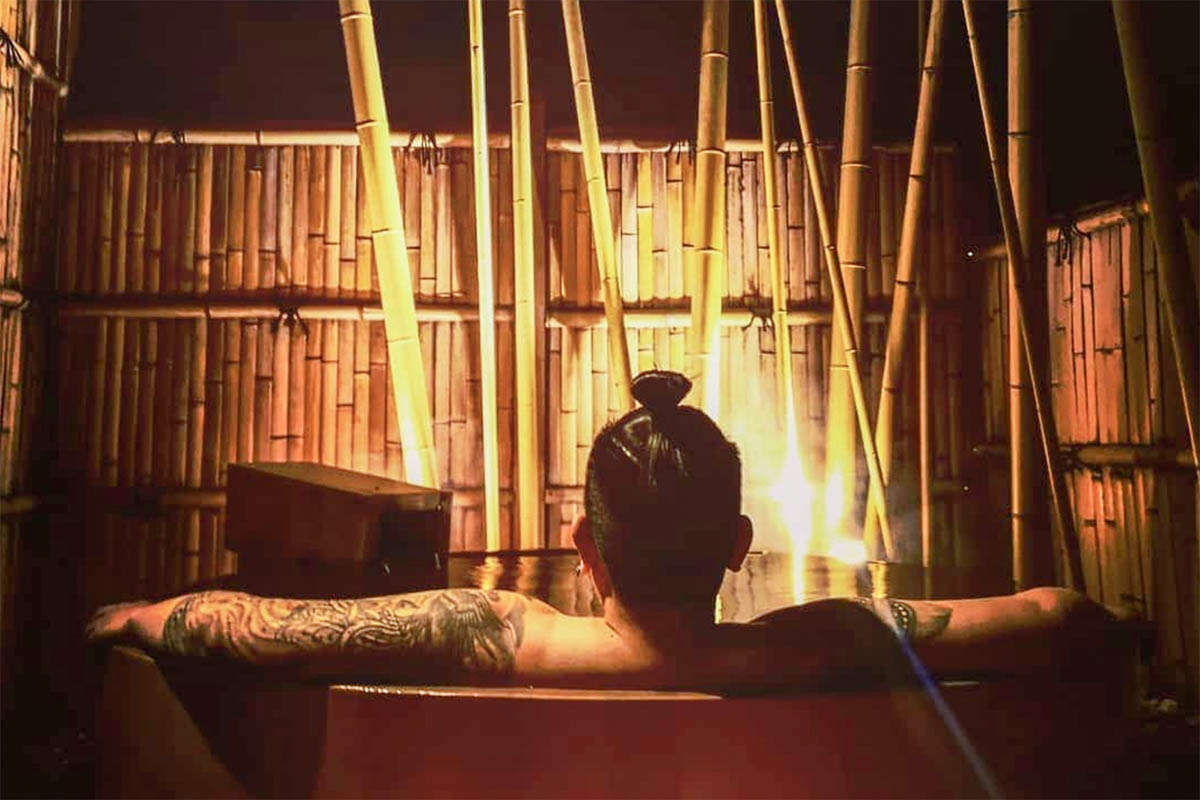
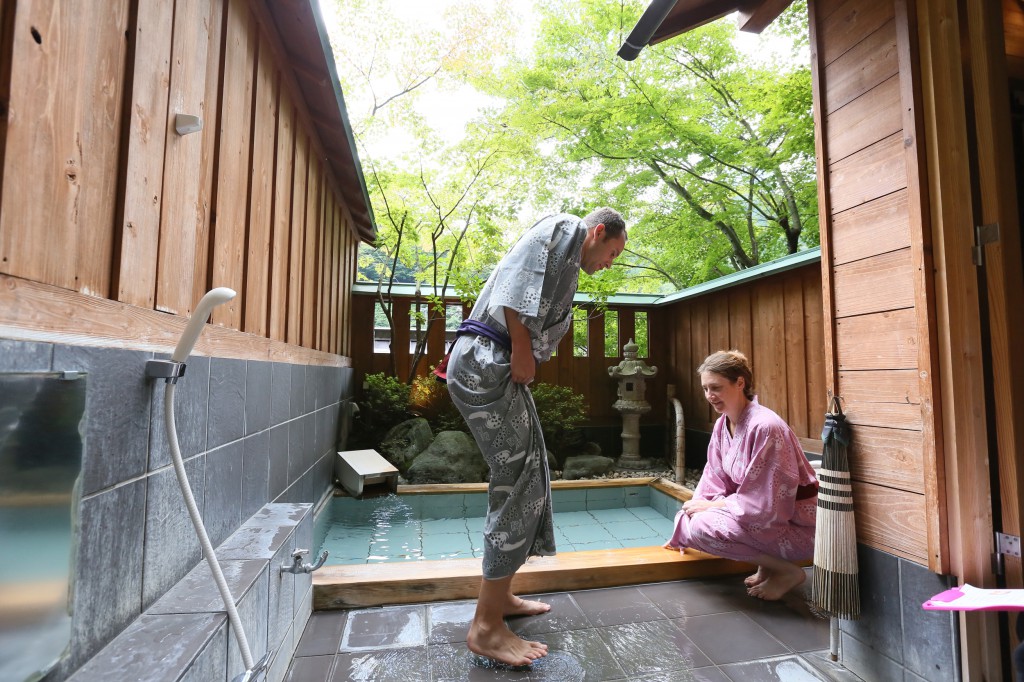
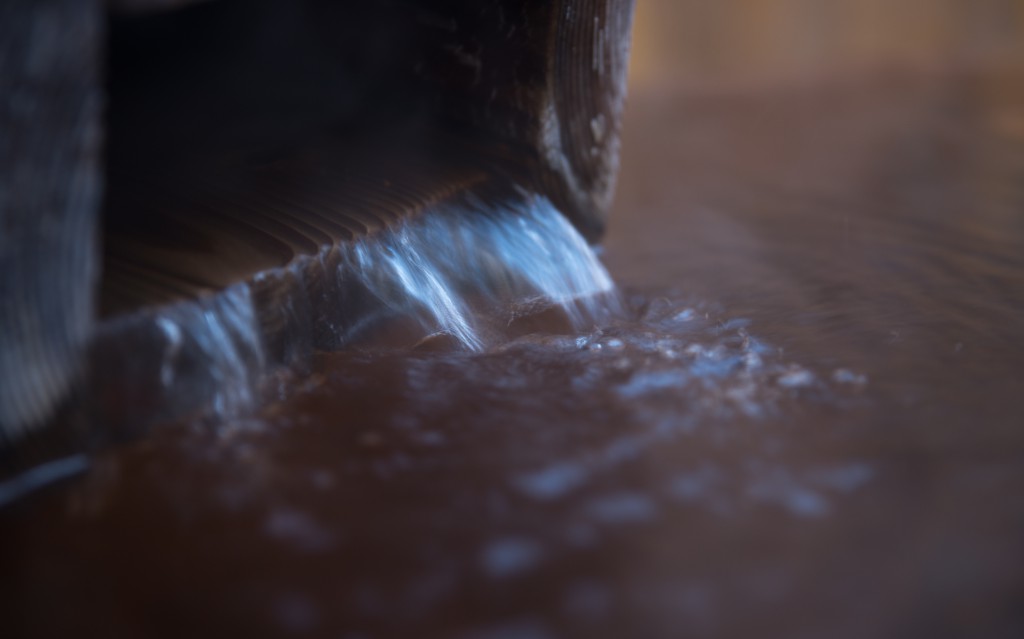
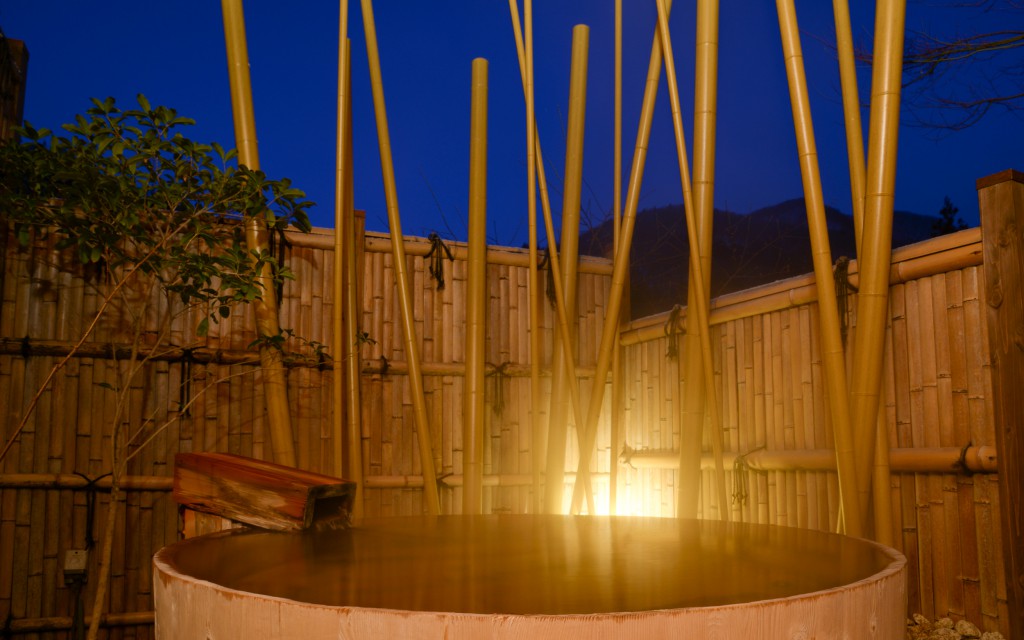
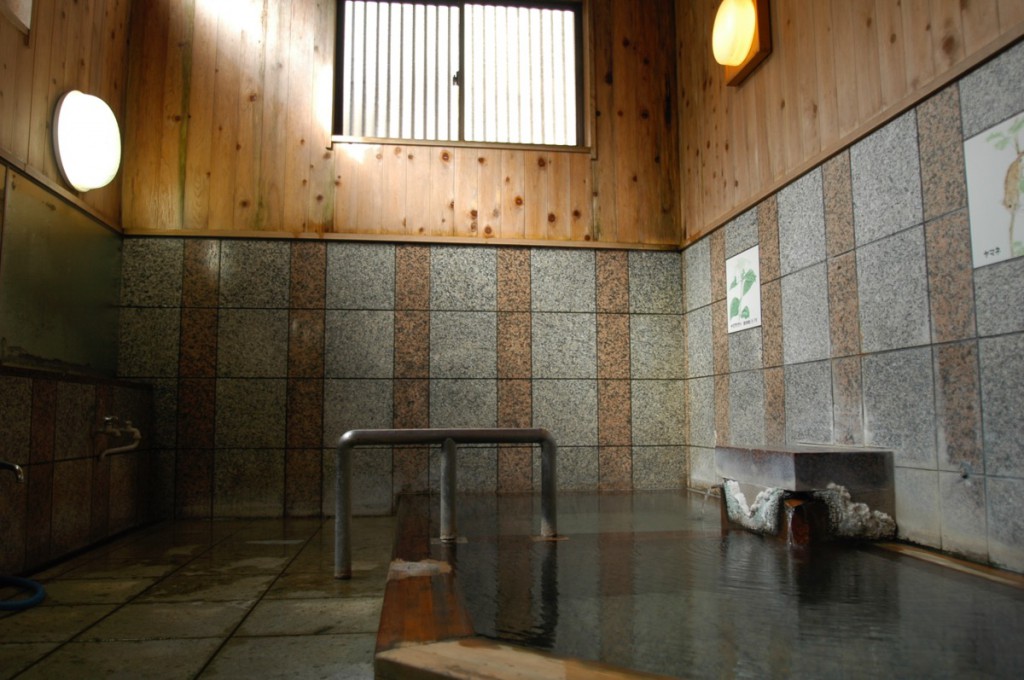
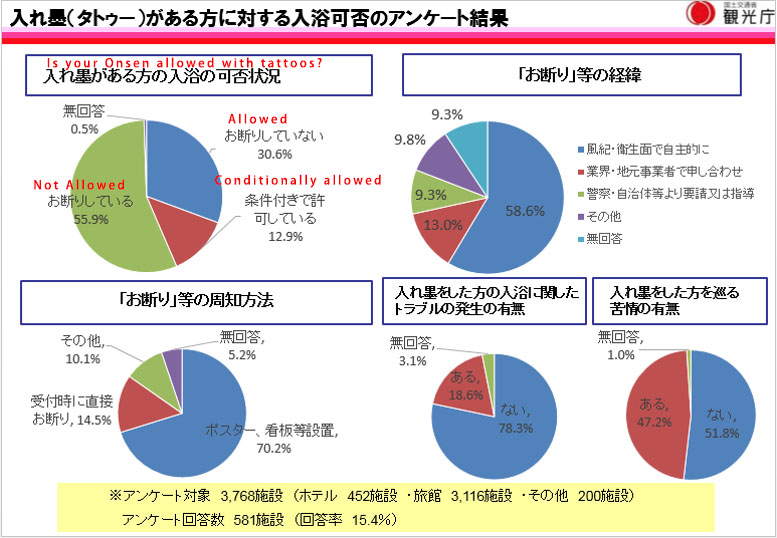
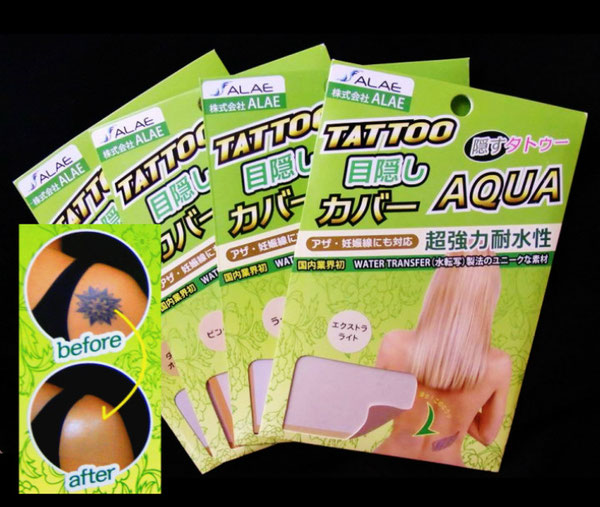
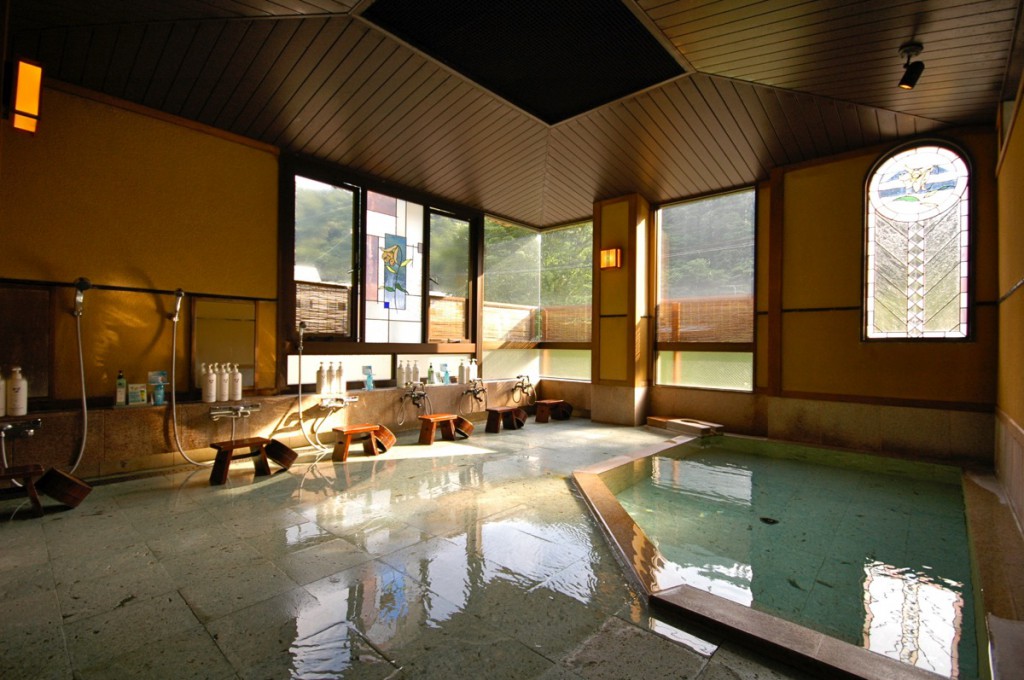


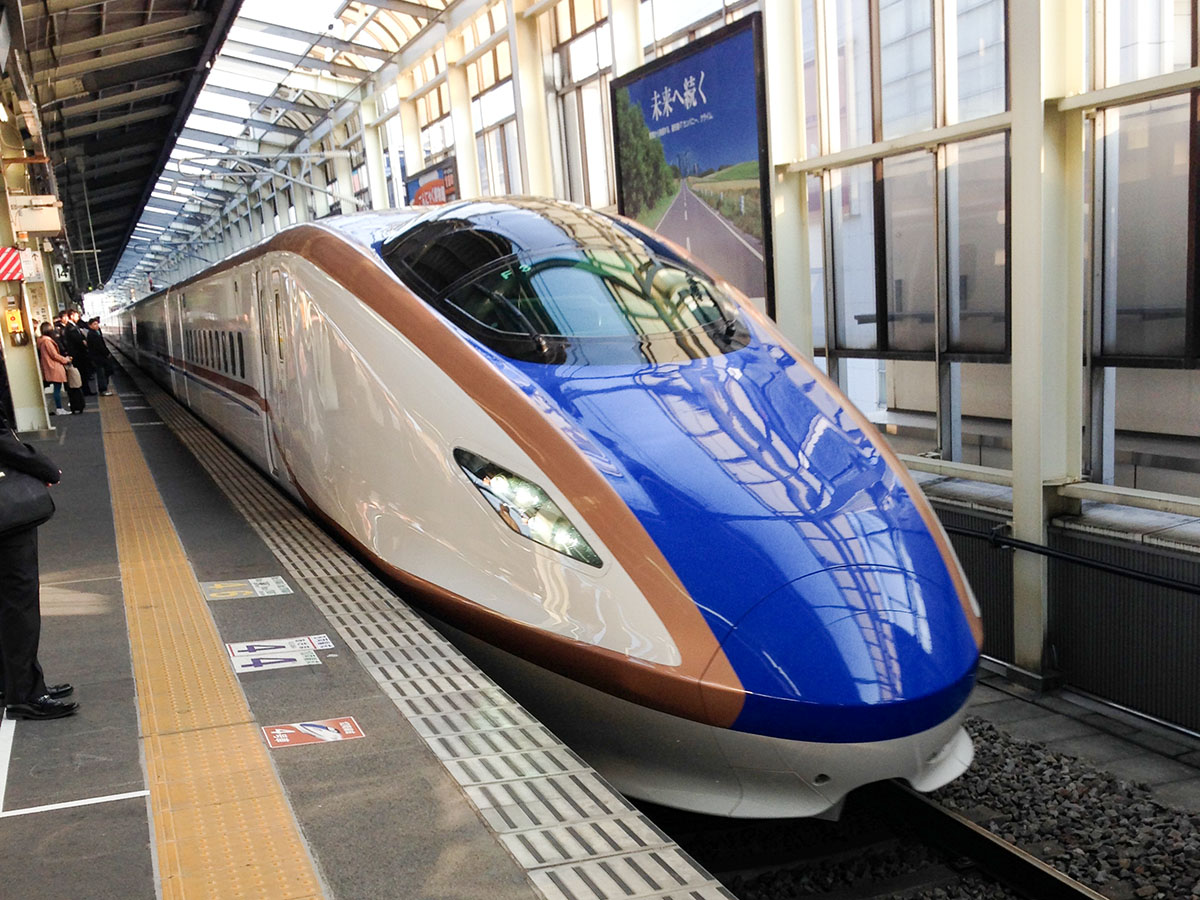
Comments
[…] As I wrote in a previous blog, there are still many facilities to prohibit people with tattoos because the custom that “people with tattoos are anti-social forces, such as gangsters” has been very strong since ancient times. […]
[…] with tattoo cannot take onsen due to cultural differences here in Japan. However, in Shima onsen Kashiwaya Ryokan, you can enjoy onsen without hesitation even with tattoos because there are three free private onsen and two rooms with open-air baths. […]
My wife and I are planning to visit Kashiwaya the next time we come on business to Japan! This post helps a lot because I have a small tattoo on my foot.
Thank you! We are looking forward to seeing you!
It’s nice to see the culture surrounding tattoo’s is changing. Hopefully more ryokan will start accepting tattooed customers in the near future.
I’ve wanted a tattoo of Kinosaki-onsen for a long time but I can’t get it or else I won’t be able to go there anymore 🙁 Kind of ironic…
Thank you for the information 🙂
I always recommend people with tattoo who want to go to Onsen “Tattoo covering” service in Asakusa. It says that the tattoo-cover last up to 5 days and is completely painless and water proof. The price is also cheap!
Asakusa is easy to access for tourists.
Hopefully, more people with tattoo could go to Onsen.
Thank you for this article! I have a small tattoo, so trying to plan a trip to Japan seems daunting with the restrictions. I worry about offending people without meaning to. This article is very reassuring to me! Thank you very much.
My daughter is doing University in Japan and I am planning to go visit and also enjoy onsen but I have a small tattoo in my foot. She has one behind her neck and I guess they have not checked her out because she has visited one before. I really would love to visit Japan, also love tattoos but not getting one just because I want to have this experience and visit my kid many more times without getting in trouble.
I am staying at Hotel Paco in Hakodate. Written policy is no tattoos in Onsen. Desk staff told me to go in after midnight when there should be few people.
I entered at 6pm and kept my two tattoos as inconspicuous as I could – no problems.
I think it is very important to mention here because it is not mentioned. In Japan so called “members of anti-social forces” have a quite big power in the society (it can depends on the district though.), an Japanese would really avoid to get visit from such people.
When you start a new restaurant or cafe in Japan, you might get a visit from such people in the beginning and they demand you to pay some money otherwise they might come back with many members with a lot of tattoo and threat other usual people in the restaurant. In the end you cannot any more continue to have business. It sounds very difficult to get rid of them if once you have started to have a problem with them.
Such people have (probably) always have tattoo, and thats why Japanese want to have such rule in Olsen and such places in order to avoid getting involved with mafia group.